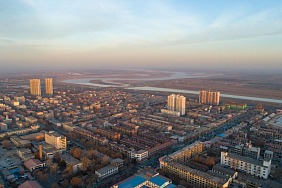The world of work is changing rapidly, and more companies are offering the flexibility of remote work to their employees. But what are the main differences between remote work and onsite work? What should you consider when deciding which type of work is the best fit for you and your career? Let’s take a look at some key differences between remote work and onsite work.
Productivity and Focus
A major difference between remote work and onsite work is the ability to remain productive and focused. Onsite work often has more distractions due to in-person meetings and conversations with colleagues. Meanwhile, remote work allows you to focus on the tasks at hand and avoid distractions. As long as you have a quiet and comfortable workspace, you can remain productive while working remotely.
Communication and Collaboration
One of the biggest challenges of working remotely is staying connected to colleagues and communicating effectively. Although there are many online tools and platforms that can help with communication, it can still be difficult to stay connected when working remotely. On the other hand, onsite work often offers more opportunities for collaboration and open dialogue with colleagues.
Career Development
Onsite work also offers more opportunities for career development. Working onsite allows you to build relationships with colleagues and supervisors, as well as take advantage of in-person training and mentorship programs. On the other hand, many remote jobs don’t offer the same opportunities for career growth and development that onsite jobs do.
Legal Considerations
It’s also important to consider the legal implications of remote work. Depending on where you live, there may be different laws and regulations that apply to remote work. For example, some countries may require remote workers to have a work visa or other legal documents in order to work remotely. It’s important to be aware of the legal implications of remote work before making a decision.
Conclusion
When deciding between remote work and onsite work, it’s important to consider the pros and cons of each. Remote work can offer more flexibility, focus, and productivity, but it may lack the opportunities for career development and collaboration that come with onsite work. Onsite work also requires more legal considerations, such as visas and other documents. Ultimately, it’s up to you to decide which type of work is best for your career and lifestyle.














